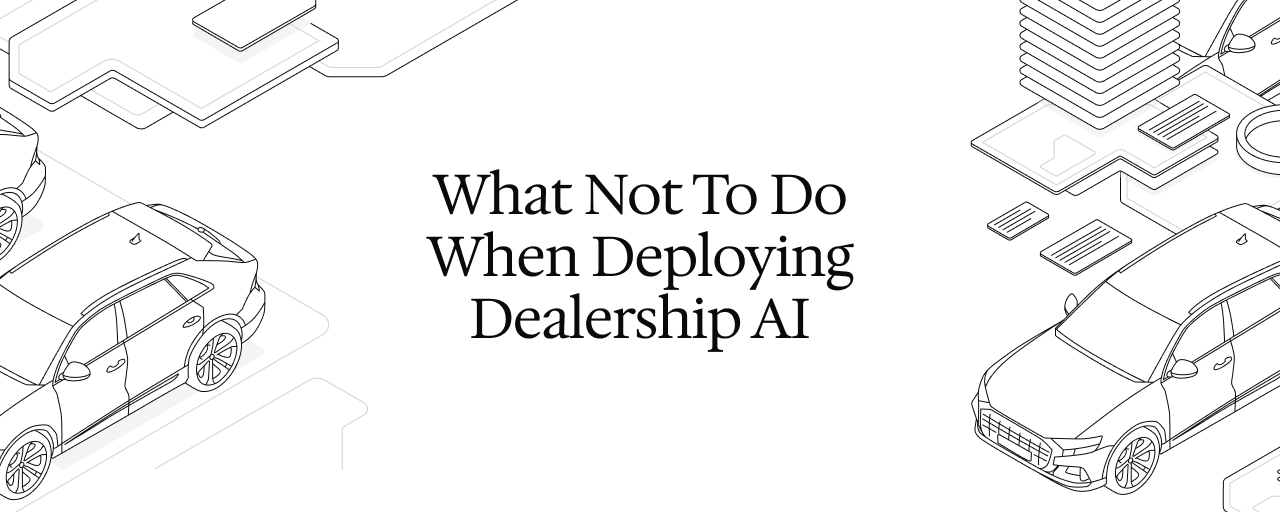AI is transforming how businesses operate, but only when it’s done right. One of the most telling stories in recent months comes from the financial world, where Klarna, a Swedish Fintech giant, was once hailed for its bold leap into AI-powered customer service operations, but saw its ambitions fold in on itself.
Klarna announced a massive layoff in 2022, slashing 700 jobs with the goal of replacing large chunks of its customer service and sales functions with AI tools. They had eager eyes set on optimizing for speed, scale, and savings, but the outcome fell short of their bold bet. Reports showed a mix of results, a heap of public backlash, and a rather quiet recourse.
So, what went wrong?
The Pitfalls of Poor AI Implementation
Klarna's case of mass and rapid AI adoption highlights a broader lesson for any business eyeing AI technology. AI doesn’t work if you misunderstand its strengths or oversell them. In Klarna’s rush to implement AI at scale, the company skipped over key considerations like:
- Setting clear, realistic expectations for the technology
- Communicating the transition transparently to both employees and customers
- Maintaining human oversight where empathy and nuance are needed
This rash implementation resulted in a substantial drop in customer satisfaction and a rise in mounting concerns about quality and trust, two things that AI can’t fully replace for the most complex customer service requests.
What Dealerships Can Learn From Klarna’s Mistakes
For dealers exploring AI for automated scheduling or BDC AI automation, Klarna’s missteps offer a clear takeaway:
How you implement AI matters.
1. Speed Thoughtfully
AI should enhance your operations, not overhaul them overnight. Begin with a single workflow, like routine service scheduling or after-hours call routing. Measure the impact of the AI tool on that introductory workflow before expanding to other tasks. Avoiding overreach helps prevent customer frustration and staff resistance.
2. Adopt a Clear Approach
Many dealership AI implementation mistakes stem from trying to replicate human–owned tasks entirely. AI for dealerships isn’t about replacing your staff; it’s about making them more efficient by handling repetitive, low-stakes tasks. Offloading the repetitive tasks frees up your staff to be more creative and intentional with high-value customer interactions.
3. Set Clear Expectations
Customers don't want to be fooled by AI pretending to be human. They want fast, competent help. Train your team and your tools to be transparent. Set the expectation that AI can schedule, route, and inform, but may escalate complex concerns to real people. The best AI tool knows its specialties as well as it knows its limitations.
What Toma Does Differently
At Toma, we’ve always believed AI in dealerships needs to be authentic and grounded in reality. We don’t sell silver bullets. We build dealership-grade AI agents with care, transparency, and purpose, with a design centered around impact.
That’s why we don’t recommend the “full AI takeover” approach by any means. We’re honest about what BDC automation best practices look like and where AI works best for your store.
What Toma’s AI Can Do:
- Handle routine scheduling 24/7, 365
- Route and filter calls to the correct person
- Automate appointment confirmations and reminders
- Automates on average 75% of all inbound calls
What AI Can’t Do (Yet):
- Deliver repair status updates
- Handle complex customer complaints
- Replace your team’s high-touch, high-context conversations
When used right, AI customer service for auto dealerships becomes a force multiplier, not a replacement.
ROI Stems from Getting It Right
The return on investment (ROI) from AI isn’t generated from cutting headcount. The return is found in boosting your team’s productivity and protecting revenue. Dealership AI generates ROI when:
- No calls go to voicemail
- No customers await attention
- No service bay sits empty from no-shows
When AI implementation is done wrong, it immediately creates noise and churn. When it’s done right, it delivers operational leverage, customer satisfaction, and peace of mind for your staff.
Final Thoughts
Klarna’s misstep is a cautionary tale, but it’s also an opportunity. Automotive AI is still in its early innings. Dealers who move thoughtfully and are grounded in customer needs and business realities will lead the way.
Toma’s white-glove deployment guarantees a smooth implementation.
Ready to see what AI can do for your dealership?


